Description
Bacillus species are a diverse group of Gram-positive, rod-shaped, spore-forming bacteria found widely in soil, water, air, and the gastrointestinal tract of humans and animals. They are mostly aerobic, though some can be facultatively anaerobic. Many Bacillus species are notable for their ability to form durable endospores, allowing survival in harsh conditions.
Key Features and Functions:
- Spore formation for resistance to heat, dryness, and chemicals
- Enzyme production (e.g., amylases, proteases, lipases) used in industry
- Probiotic benefits – certain species support gut health and immunity
- Antimicrobial activity – some produce natural antibiotics and antifungal compounds
- Biocontrol and biodegradation – used in agriculture and waste management
Common Species:
- Bacillus subtilis – A model organism; used as a probiotic and for enzyme production
- Bacillus coagulans – A probiotic known for surviving stomach acid and promoting gut health
- Bacillus clausii – Used in clinical probiotics to restore gut flora during/after antibiotics
- Bacillus cereus – Opportunistic pathogen; can cause foodborne illness
- Bacillus anthracis – Causes anthrax; highly pathogenic
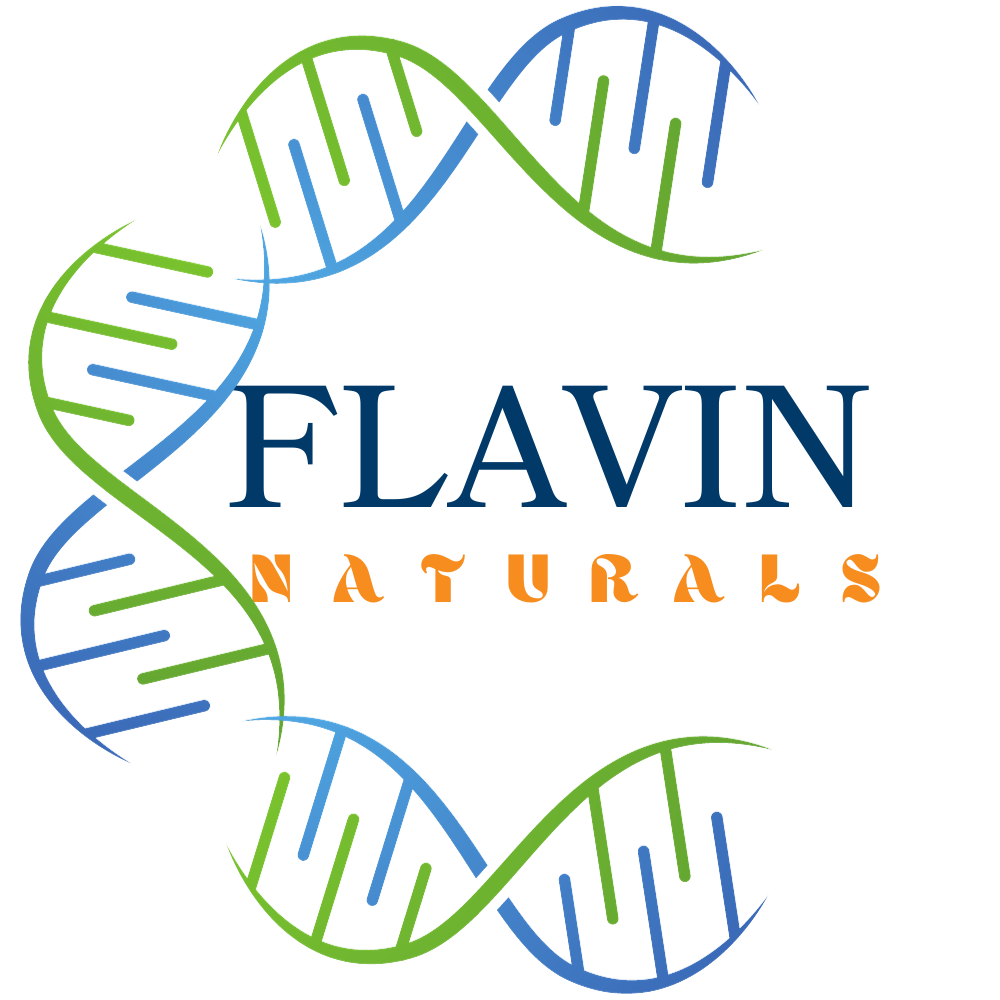
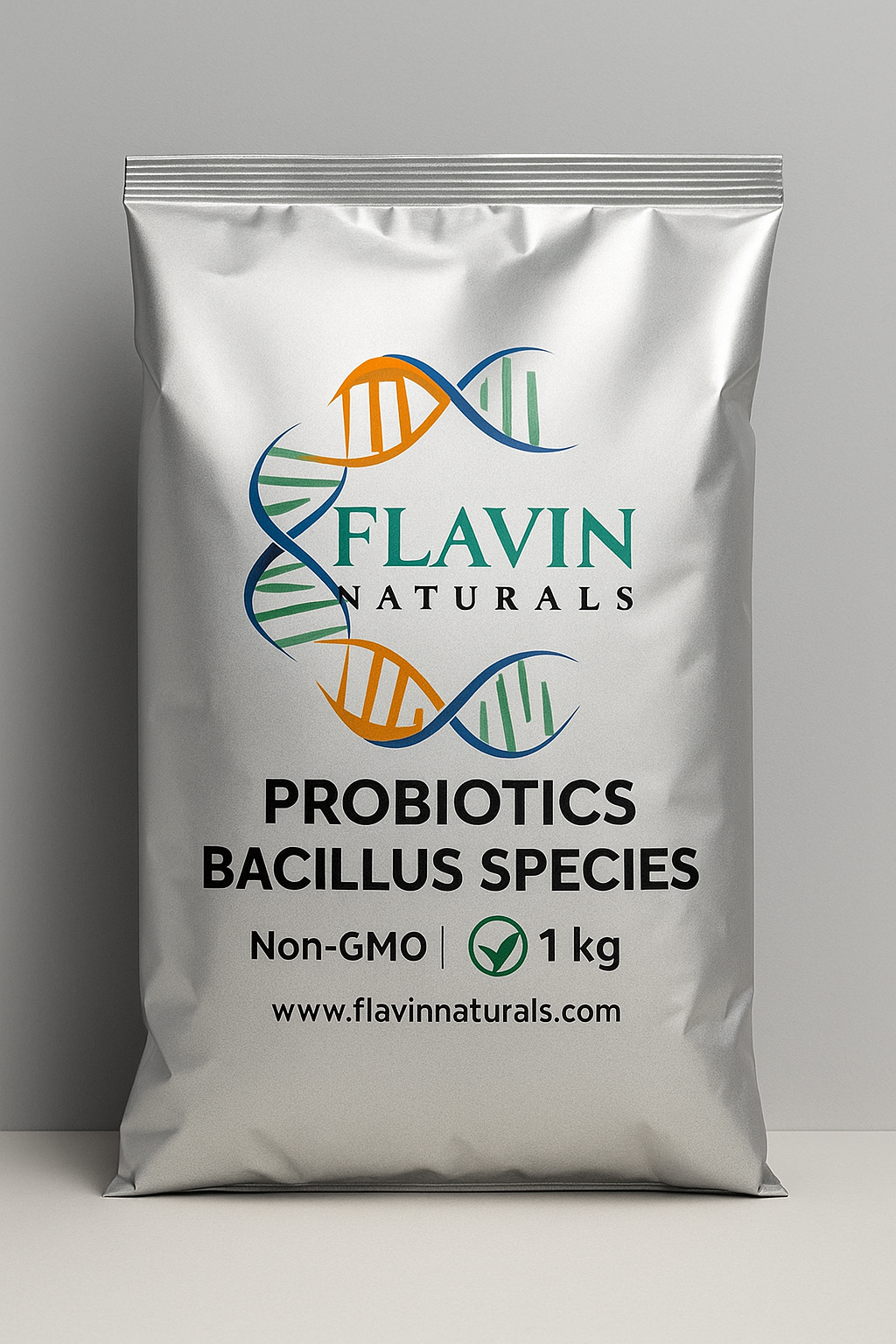
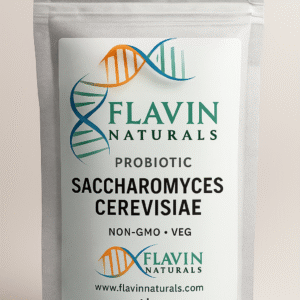
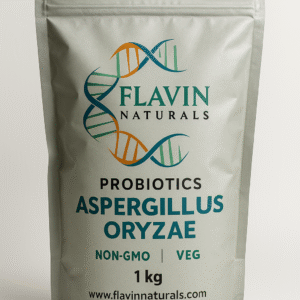
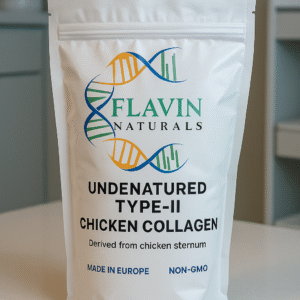

Reviews
There are no reviews yet.